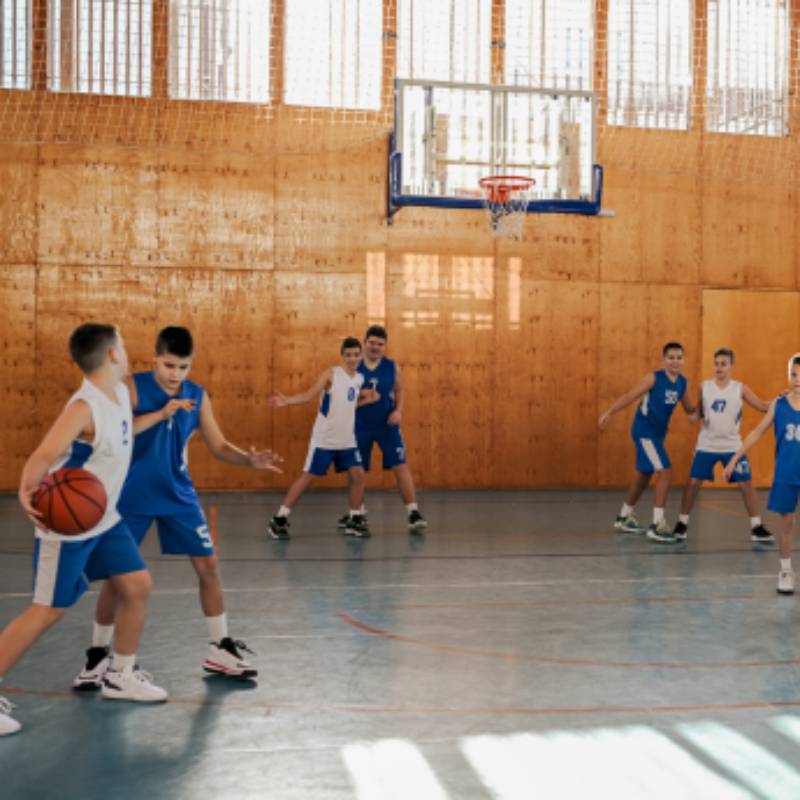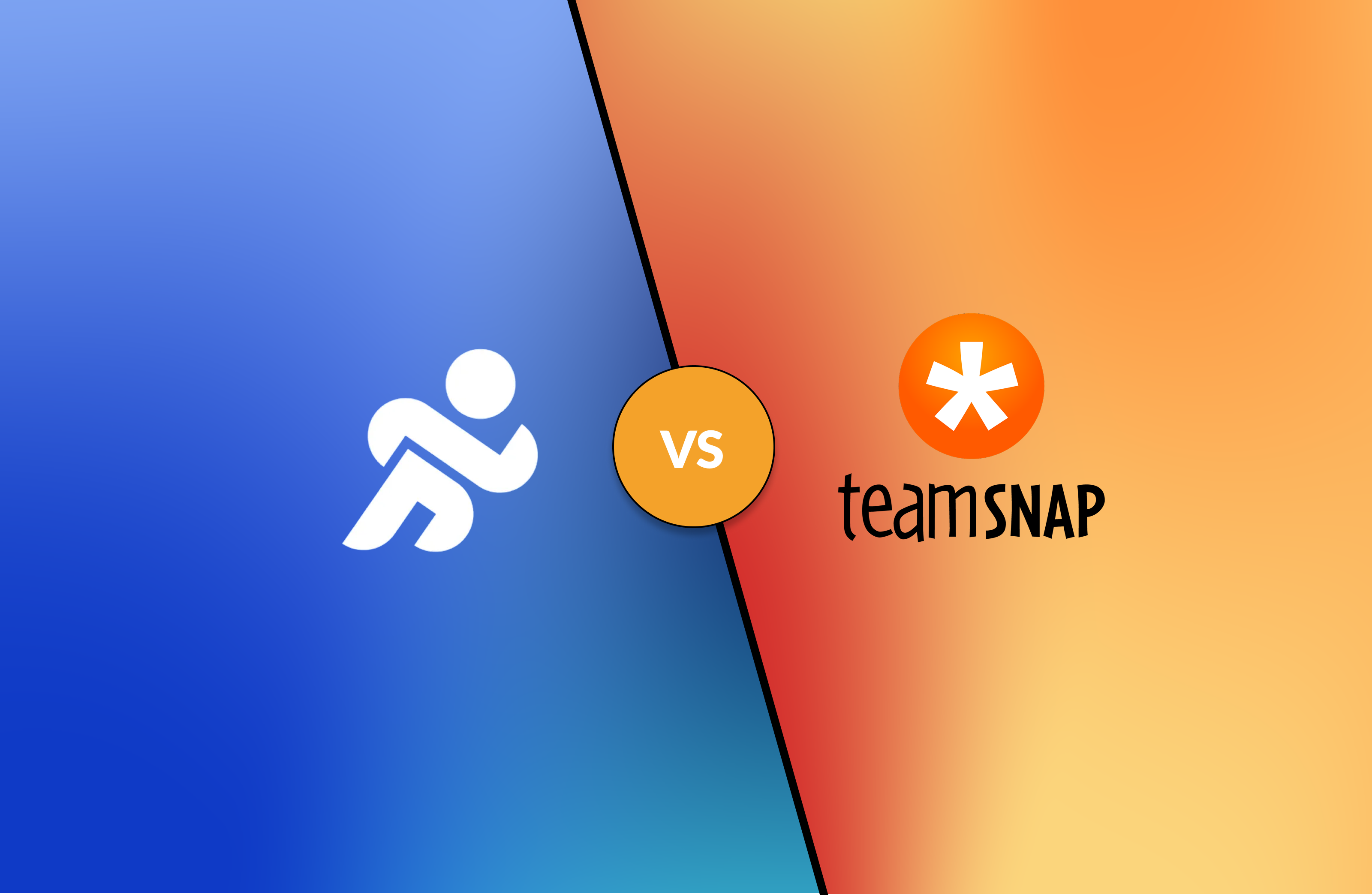Sports managers: the state of play between school and civilian sport as seen by Daniel Fleury

In the Quebec sporting landscape, the dynamic between school and civilian sport is a subject of growing importance. The meeting, moderated by Daniel Fleury, a renowned former sports manager who made a significant contribution to the development of school sport, leading his program to the creation of 72 teams, addressed key issues and future prospects for sports managers. This article aims to summarize the key points discussed at the event, providing an enriching overview for any sports manager.
Competition and development
One of the key messages to emerge from this exchange is the crucial importance of competition at all levels, serving as a driving force for athletes to surpass themselves. The presence of school and civilian sports programs is seen as beneficial, raising the general level and benefiting all players, especially athletes and their parents. This diversification of opportunities enables athletes to develop at different levels and to transfer their knowledge from school sport to civilian sport and vice-versa.
School sports as a means to success
School sport has been highlighted as a powerful vector for success, not only physically, but also academically and socially. Sports managers are encouraged to perceive and integrate school sport as a holistic development tool, promoting the learning of key skills and the well-being of young people.
Cooperation between school and civilian sports
The importance of close collaboration between the school and civilian sectors was strongly emphasized. Such collaboration would not only further professionalize sports coaching, offering stable jobs for coaches, but also ensure that athletes have access to qualified and passionate professionals, regardless of their sporting background.
Athlete development and overtraining
Particular attention was paid to the balanced development of young athletes, warning against the dangers of early specialization and overtraining. Sports managers are invited to favor a diversified approach, encouraging the practice of multiple sports disciplines until an advanced age to promote healthy and sustainable athletic development.
Towards greater synergy
In conclusion, this meeting underlines that the “big winner” is not in choosing between school and civilian sport, but rather in seeking greater synergy between these two worlds. For sports managers, this means adopting a vision that is both inclusive and collaborative, aimed at optimizing the benefits of sport for young people. By working together, the various players in the sporting field can contribute to an ecosystem where every young athlete has the opportunity to develop fully, both athletically and personally.
Don't miss our new year-end gala organization guide!
Karl Demers



